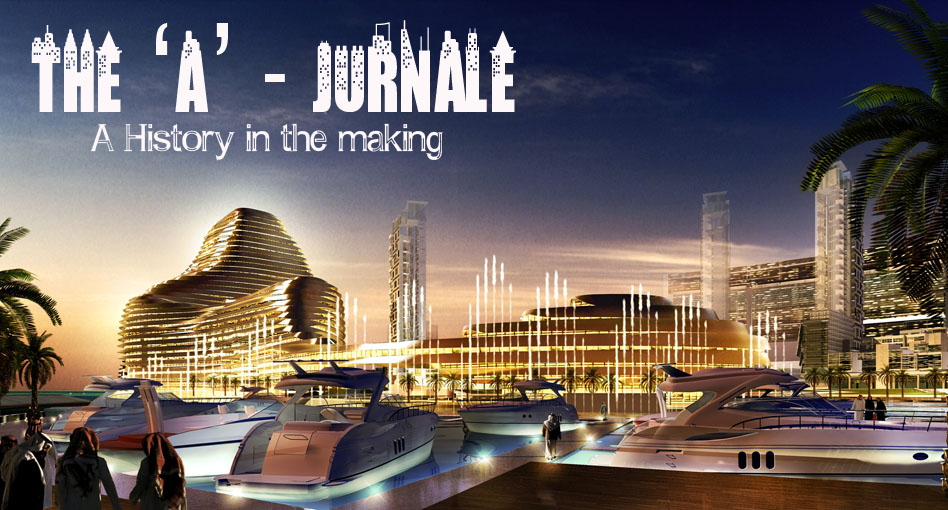While awaiting the release of the next book in the Mortal Instruments series, i.e., #4 City of Fallen Angles on April 5, thought i should look for something light and there were loads of books in my (late) great aunt's bookshelf and viola....i found Strife, A Drama in three Acts by John Galsworthy.
The Summary of the drama goes as follows
WILDER. [Breaking in fussily.] It's a regular mess. I don't like the position we're in; I don't like it; I've said so for a long time. [Looking at WANKLIN] When Wanklin and I came down here before Christmas it looked as if the men must collapse. You thought so too, Underwood. Written in 1907 and first performed in 1909.
Onto a little bit about the drama
The drama as stated from the title only consists of 3 acts, so it definitely has to be to-the-point and concise and lengthy and boring.
It so does does the trick, not only is it short and concise but also moves at a pace of its own. The whole drama bases itself on the scenario prevalent around a company, named 'Trenartha Tin Plate Works' facing a strike by the workers asking for better wages and conditions of work environment.
As can be expected from a company facing a strike it is not just the higher official, a.k.a the board member of the company at a stand-still, i.e., the contracts as well as all the manufacturing and construction are not completed on time but also the worker's family is affected by such a strife. Also accountable in the affected equation are the shareholders who buy stakes at the said companies. The plays centers around the struggles faced by all factions of the societies in such bitter conflicts of interests where both leaders won't budge from their stances (in this case Mr. Anthony, the chairman of the company & Mr. Roberts a very outspoken worker) and the 'trade union' is seen as the peacemakers for both sides.
Now a play is written to be performed, and the printed text, like a musical score, is simply the basis for a performance. When reading to himself the reader should hear and see everything, and the practiced, imaginative reader can stage a good performance in his own mind. But drama is a communal art; it is only as a combination of sound, movement and pictorial effect, presented to an audience, that a play can come fully to life. The reactions of the audience are a vital element. If the group wish to please an audience they should not choose Strife for performance unless they can cast it fairly well, and in particular they must have players who can give acceptable renderings of Anthony and Roberts.
Keeping all the technicalities of theater aside, Strife is a fast, concise and compact scenario-oriented examination on a particular place and time. Extends its ideological meaning over some part of human pride and power. Stereotypes were many but so one dimensional as to be unpalatable.
The Summary of the drama goes as follows
WILDER. [Breaking in fussily.] It's a regular mess. I don't like the position we're in; I don't like it; I've said so for a long time. [Looking at WANKLIN] When Wanklin and I came down here before Christmas it looked as if the men must collapse. You thought so too, Underwood. Written in 1907 and first performed in 1909.
About this author
Onto a little bit about the drama
The drama as stated from the title only consists of 3 acts, so it definitely has to be to-the-point and concise and lengthy and boring.
It so does does the trick, not only is it short and concise but also moves at a pace of its own. The whole drama bases itself on the scenario prevalent around a company, named 'Trenartha Tin Plate Works' facing a strike by the workers asking for better wages and conditions of work environment.
As can be expected from a company facing a strike it is not just the higher official, a.k.a the board member of the company at a stand-still, i.e., the contracts as well as all the manufacturing and construction are not completed on time but also the worker's family is affected by such a strife. Also accountable in the affected equation are the shareholders who buy stakes at the said companies. The plays centers around the struggles faced by all factions of the societies in such bitter conflicts of interests where both leaders won't budge from their stances (in this case Mr. Anthony, the chairman of the company & Mr. Roberts a very outspoken worker) and the 'trade union' is seen as the peacemakers for both sides.
Now a play is written to be performed, and the printed text, like a musical score, is simply the basis for a performance. When reading to himself the reader should hear and see everything, and the practiced, imaginative reader can stage a good performance in his own mind. But drama is a communal art; it is only as a combination of sound, movement and pictorial effect, presented to an audience, that a play can come fully to life. The reactions of the audience are a vital element. If the group wish to please an audience they should not choose Strife for performance unless they can cast it fairly well, and in particular they must have players who can give acceptable renderings of Anthony and Roberts.
Keeping all the technicalities of theater aside, Strife is a fast, concise and compact scenario-oriented examination on a particular place and time. Extends its ideological meaning over some part of human pride and power. Stereotypes were many but so one dimensional as to be unpalatable.


No comments:
Post a Comment